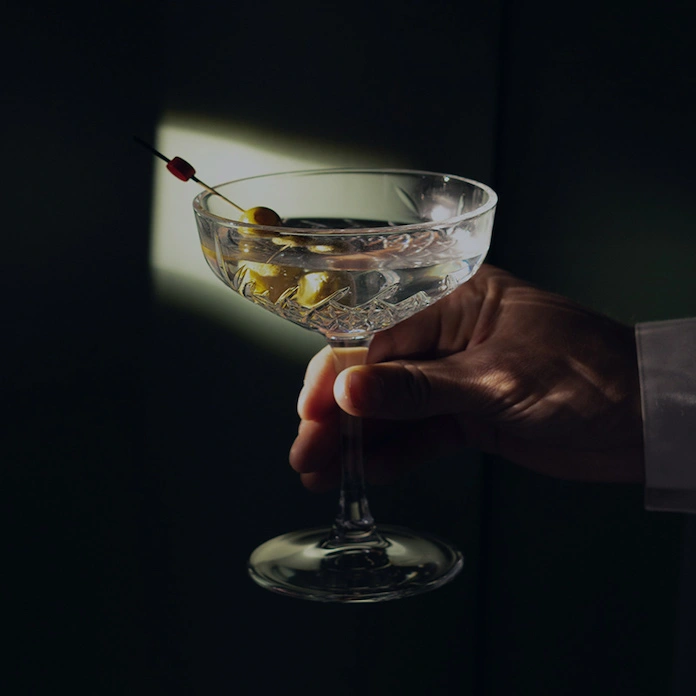
Maison Trimbach Defining Fine Wine in Alsace, France

Since 1626, the Trimbach family have been a reference point for fine Alsace wine — and if you ask, they will proudly tell you they are Alsatian first, French second. Their wines are sought out by collectors and enthusiasts in earnest, and they’ve held the distinction of being the United States’ number one still wine Alsace producer since 1978. The Trimbachs are also one of the largest owners of Grand Cru vineyards in the region which account for an impressive third of their total production. They were also Certified HVE-3 Organic in 2023. Just a few elements (of many) that speak volumes about their dedication to creating the highest-caliber expressions of their terroir.
Today, three words continue to drive the Trimbachs and their winemaking toward the future: balance, balance, balance. It is the family’s philosophy on life, which they also tirelessly pursue at work among their vines and in the Trimbach winery. They own 58 hectares / 143 acres of vineyards — with riesling representing half of their production — and their wines span five key tiers, from the accessible Classics to the super-premium Grands Crus Collections. At every level, these wines embody the celebrated Trimbach style: structured, long-lived, fruit-driven, dry, elegant, and (above all) balanced.
Family is also central to everyday life at Trimbach. Winemaking is expertly managed by 12th-generation Pierre, alongside his nephew Julien. Pierre’s brother, Jean, is the family’s globetrotting export manager, famously active in his visits to the U.S. market in particular. He is frequently joined by Anne, his niece and the eldest of the 13th generation, who is working to expand the business’ digital footprint in the global markets. Pauline, Jean’s eldest daughter, manages the French market, while Frédérique, Pierre’s daughter, manages procurement and communications.

-
Founded
1626 -
Location
Alsace, France -
Follow On
Terroir
Trimbach’s vineyard properties are located on the Ribeauvillé faultline, which fractured the Vosges Mountains from the Black Forest 50 million years ago. This intricate mosaic of ancient soils is prime riesling territory and includes a complex blanket of limestone rocks and a strata of shell/limestone called muschelkalk. There are also marls, sandstone from the Vosges, migmatites, a mixture of gneiss and granite, and more.
The Vosges Mountains give this valley a unique microclimate, sheltering it from regular rainfall and making it the second-driest region in France with optimal sunshine hours. The climate is semi-continental with cold winters, hot and dry summers, and beautifully dry autumns — ideal for healthy harvests! Average vine age is 45 years (but varies by variety); at this stage in a vine’s lifecycle, the root network is fully established, allowing for the complexity of the terroir to soak up into the fruit, just waiting to be coaxed out in the winery.

Viticulture
The Trimbach family eradicated all use of chemicals from the vineyard and winery in 1972 and have been practicing organic viticulture since 2008. They have received certification for Agriculture Biologique (AB) vineyard management and were officially certified HVE-3 Organic in 2023.
Additionally, they were the first in Alsace to introduce sexual confusion capsules as a sustainability measure in 1996, and they have partnered with local nurseries for mass selection to promote genetic diversity and preserve the heritage of their precious vines. Most of the vineyard work is done by hand. In winter, a flock of sheep — tended by Julien — provides natural fertilization and cover crop control. Just before the harvest, the team may also carry out leaf stripping to allow for better air circulation and sun exposure.
The vines are trained in double or single Guyot Poussard with regular, short pruning carried out in winter to allow the plants to develop properly from the start of the vegetative cycle. This promotes sap circulation and better disease resistance.
Biodiversity is another tenet of Trimbach’s vineyard practices — the team have planted hundreds of trees around the vineyards (oaks, apricots, pears), as well as small shrubs and bushes. They’ve also installed nesting boxes for certain species of birds to help keep vineyard pests at bay.

Trimbach Winemaking Practices
The celebrated Trimbach winemaking style can be summed up simply. Aging is done in neutral vessels and there is no malolactic fermentation. Nearly all Trimbach wines are dry in style, though the family also craft lusciously sweet Vendanges Tardives and Selections de Grains Nobles releases. Whatever the sweetness level, Trimbach wines all deliver incredible acidity with ripe, focused fruit characters, beautifully defined tension, and remarkable ageability. The family’s unrivaled expertise makes the Trimbach style a standard-bearer for Alsace wines across the world.









